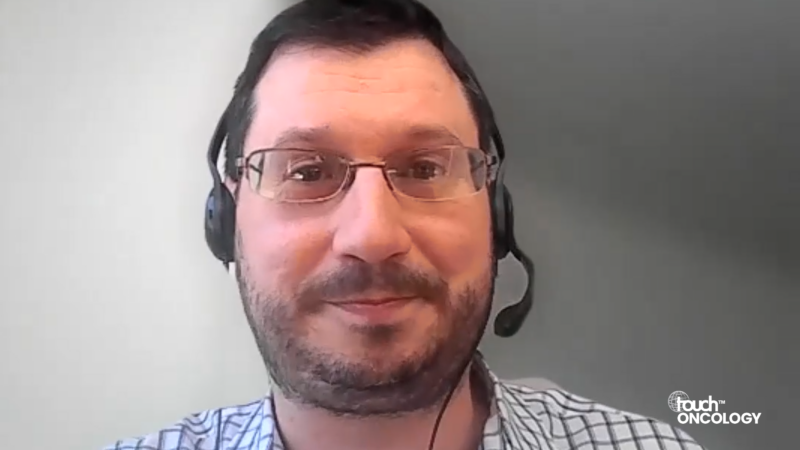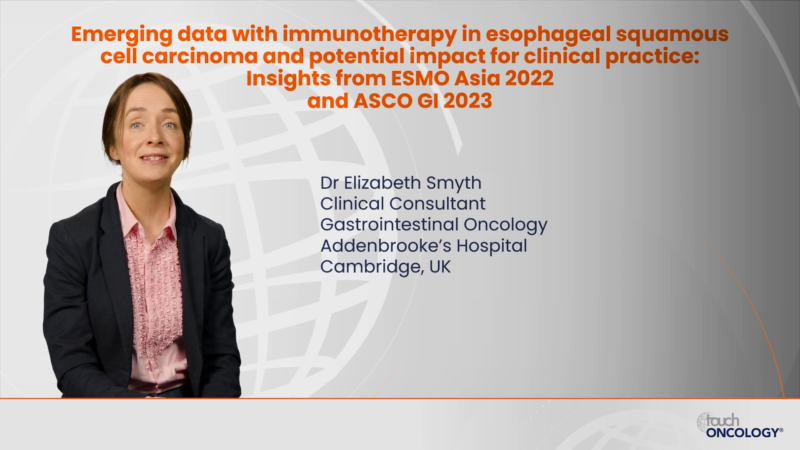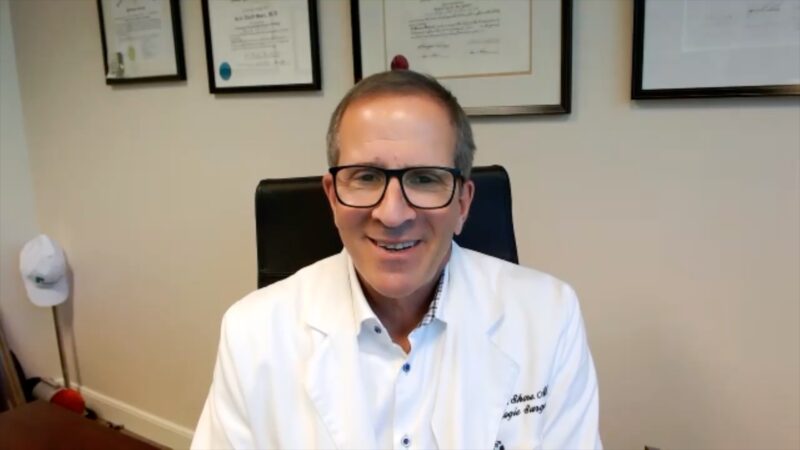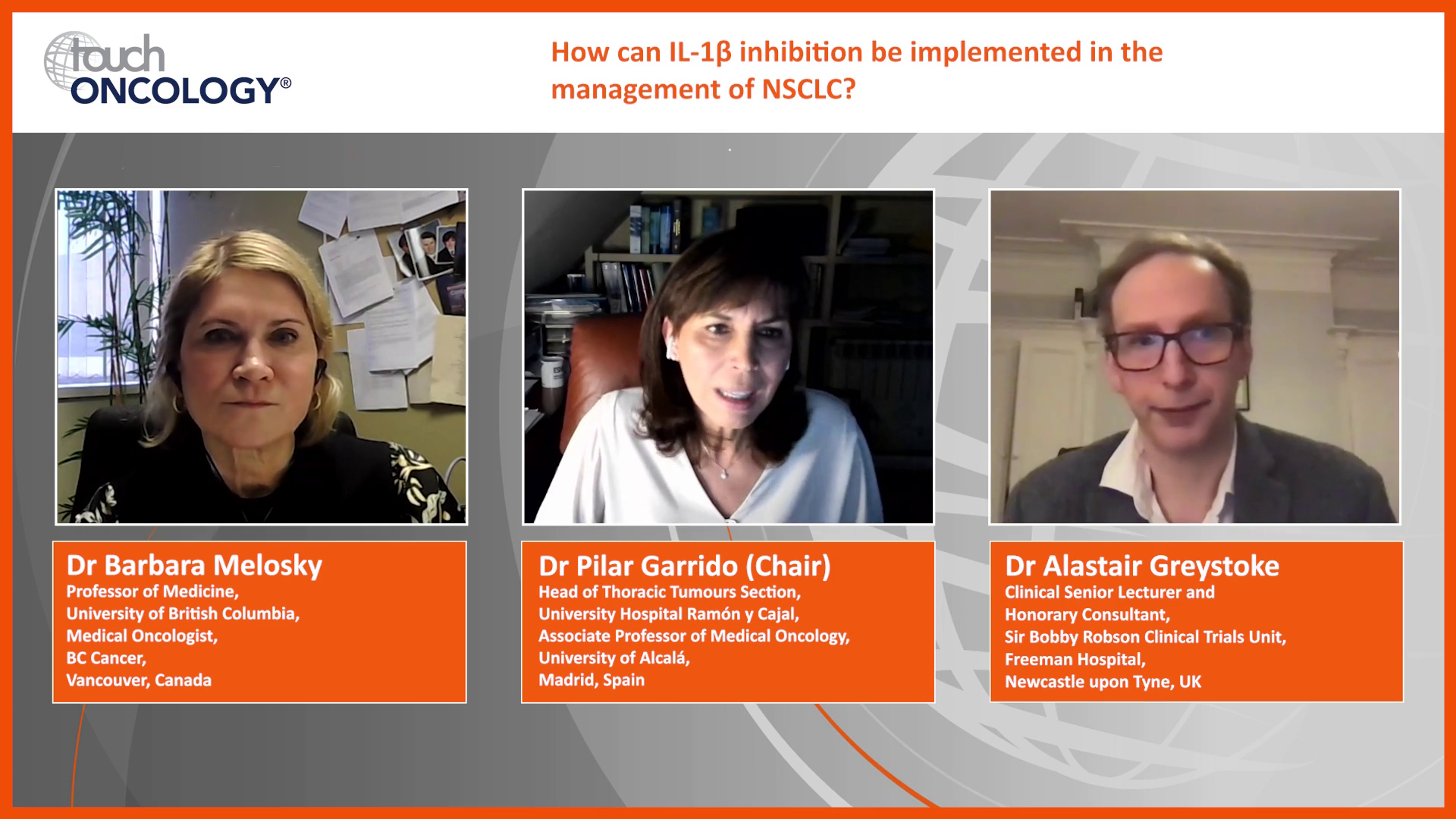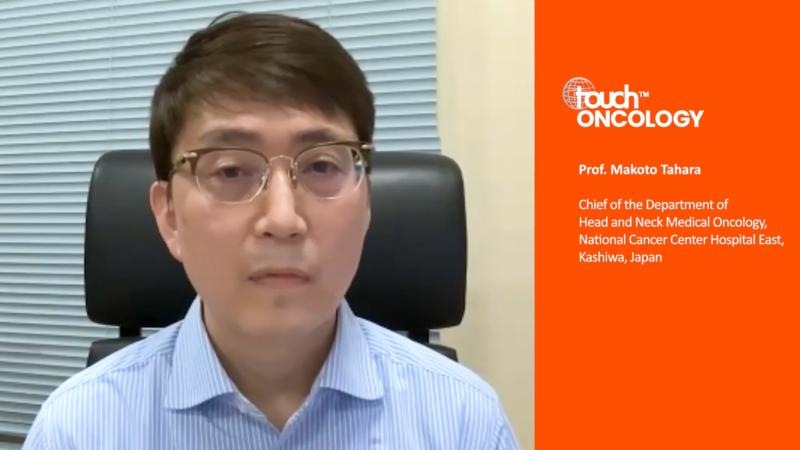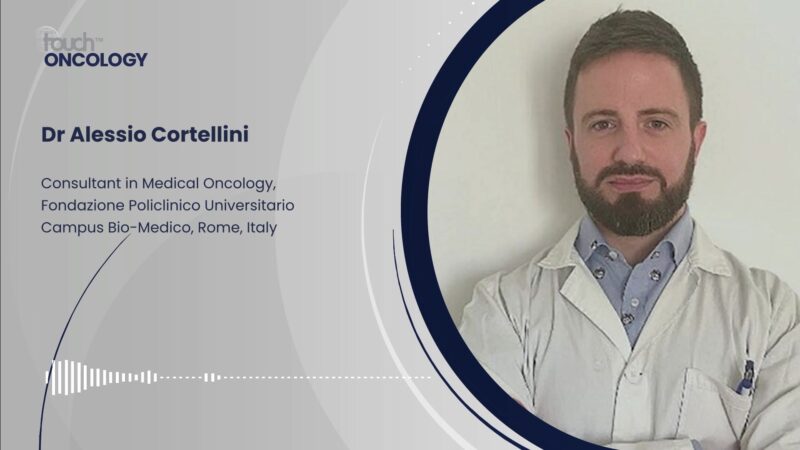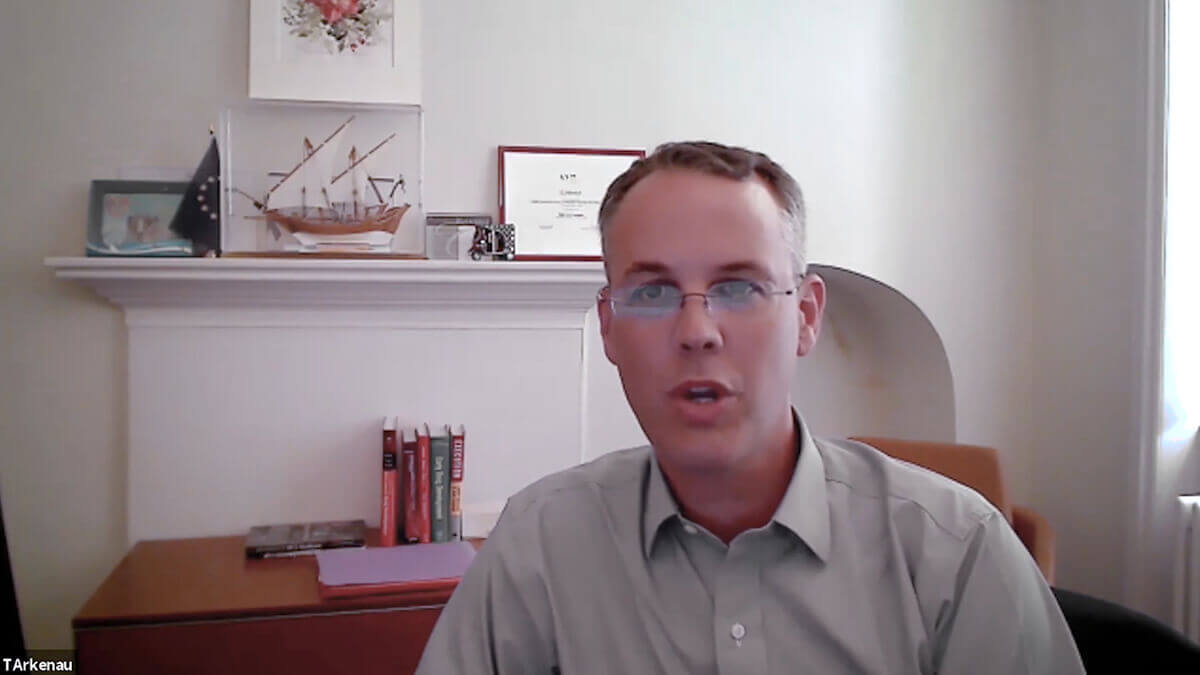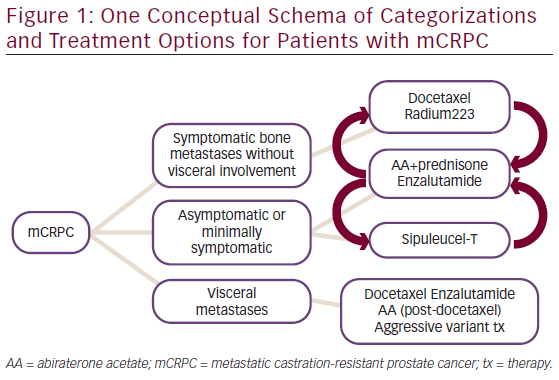Tutorial
This icon indicates there is a poll question. Click it when you see it to interact with your peers.
Tutorial
This icon indicates there is a poll question. Click it when you see it to interact with your peers.
Tutorial
This icon indicates there is a poll question. Click it when you see it to interact with your peers.
touchEXPERT OPINIONS
 Experts answer questions with in-depth advice on the current clinical landscape and how new therapies and guidance might impact regional clinical practice. Useful tips below will show how to navigate the activity.
Close
Experts answer questions with in-depth advice on the current clinical landscape and how new therapies and guidance might impact regional clinical practice. Useful tips below will show how to navigate the activity.
Close
 Experts answer questions with in-depth advice on the current clinical landscape and how new therapies and guidance might impact regional clinical practice. Useful tips below will show how to navigate the activity.
Close
Experts answer questions with in-depth advice on the current clinical landscape and how new therapies and guidance might impact regional clinical practice. Useful tips below will show how to navigate the activity.
Close
Advanced urothelial carcinoma: Expert guidance to navigate an evolving therapeutic landscape
Learning Objectives
After watching this activity, participants should be better able to:
- Choose appropriate treatments for patients with advanced urothelial carcinoma who are ineligible for or whose disease does not respond to first-line platinum-based chemotherapy
- Outline how new and emerging therapies can be integrated in the treatment algorithm for advanced urothelial carcinoma
- Manage adverse events of newly approved agents and combination therapies
Overview
In this activity, Prof. Thomas Powles, an oncologist specializing in bladder cancer, provides an update on the latest developments in the treatment of advanced urothelial carcinoma, including the latest guideline recommendations, supporting clinical data and factors to support decision making in clinical practice. Prof. Powles also highlights the key safety considerations and side-effect management strategies for antibody–drug conjugates, immune checkpoint inhibitors and FGFR inhibitors.
This activity is jointly provided by USF Health and touchIME. read more
Target Audience
This activity has been designed to meet the educational needs of oncologists, urologists, oncology nurses and pharmacists involved in the management of patients with urothelial carcinoma.
USF Accreditation
Disclosures
USF Health adheres to the Standards for Integrity and Independence in Accredited Continuing Education. All individuals in a position to influence content have disclosed to USF Health any financial relationship with an ineligible organization. USF Health has reviewed and mitigated all relevant financial relationships related to the content of the activity. The relevant relationships are listed below. All individuals not listed have no relevant financial relationships.
Faculty
Prof. Thomas Powles discloses: Advisory Board or panel fees from Astellas, AstraZeneca, Bristol Myers Squibb, Eisai, Exelixis, Ipsen, Johnson & Johnson, Merck/Merck Sharp & Dohme, Merck Serono, Novartis, Pfizer, Roche and Seattle Genetics. Consultancy fees from Astellas, AstraZeneca, Bristol Myers Squibb, Eisai, Exelixis, Gilead, Incyte, Ipsen, Johnson & Johnson, Mashup, Merck/Merck Sharp & Dohme, Merck Serono, Novartis, Pfizer, Roche and Seattle Genetics. Grants/research support fees from Astellas, AstraZeneca, Bristol Myers Squibb, Eisai, Exelixis, Ipsen, Johnson & Johnson, Merck/Merck Sharp & Dohme, Merck Serono, Novartis, Pfizer, Roche and Seattle Genetics.
Content reviewer
Rachelle Amanda Rodriguez MS, APRN, AOCNP has no financial interests/relationships or affiliations in relation to this activity.
Touch Medical Contributors
Hannah Fisher has no financial interests/relationships or affiliations in relation to this activity.
USF Health Office of Continuing Professional Development and touchIME staff have no financial interests/relationships or affiliations in relation to this activity.
Requirements for Successful Completion
In order to receive credit for this activity, participants must review the content and complete the post-test and evaluation form. Statements of credit are awarded upon successful completion of the post-test and evaluation form.
If you have questions regarding credit please contact cpdsupport@usf.edu
Accreditations
Physicians
This activity has been planned and implemented in accordance with the accreditation requirements and policies of the Accreditation Council for Continuing Medical Education (ACCME) through a joint providership of USF Health and touchIME. USF Health is accredited by the ACCME to provide continuing medical education for physicians.
USF Health designates this enduring material for a maximum of 0.75 AMA PRA Category 1 CreditsTM. Physicians should claim only the credit commensurate with the extent of their participation in the activity.
Advanced Practice Providers
Physician Assistants may claim a maximum of 0.75 Category 1 credits for completing this activity. NCCPA accepts AMA PRA Category 1 CreditTM from organizations accredited by ACCME or a recognized state medical society.
The AANPCP accepts certificates of participation for educational activities approved for AMA PRA Category 1 CreditTM by ACCME-accredited providers. APRNs who participate will receive a certificate of completion commensurate with the extent of their participation.
Date of original release: 17 June 2024. Date credits expire: 17 June 2025.
If you have any questions regarding credit, please contact cpdsupport@usf.edu
To obtain the CE/CME credit(s) from this activity, please complete this post-activity test.
Claim CreditYou may also be interested in...

REGISTER NOW FOR FREE ACCESS TO
- 1000+ topical and insightful peer-reviewed journal articles
- 100+ hours of bite-sized congress highlights
- 10 major therapy areas packed with the latest scientific advances
- 150+ specialties offering learn-on-the-go medical education
- + Concise email updates and newsletters so you never miss out








